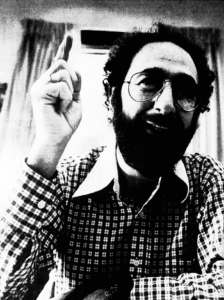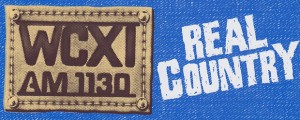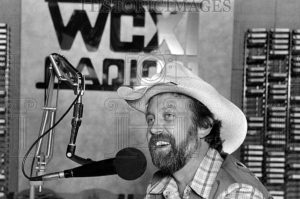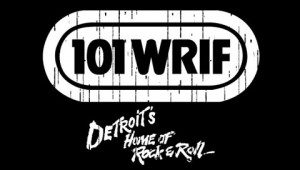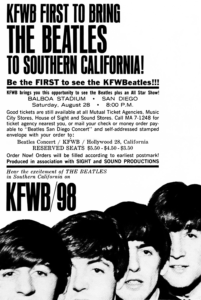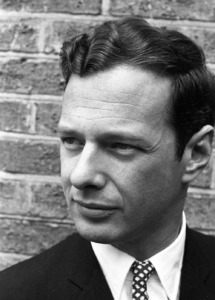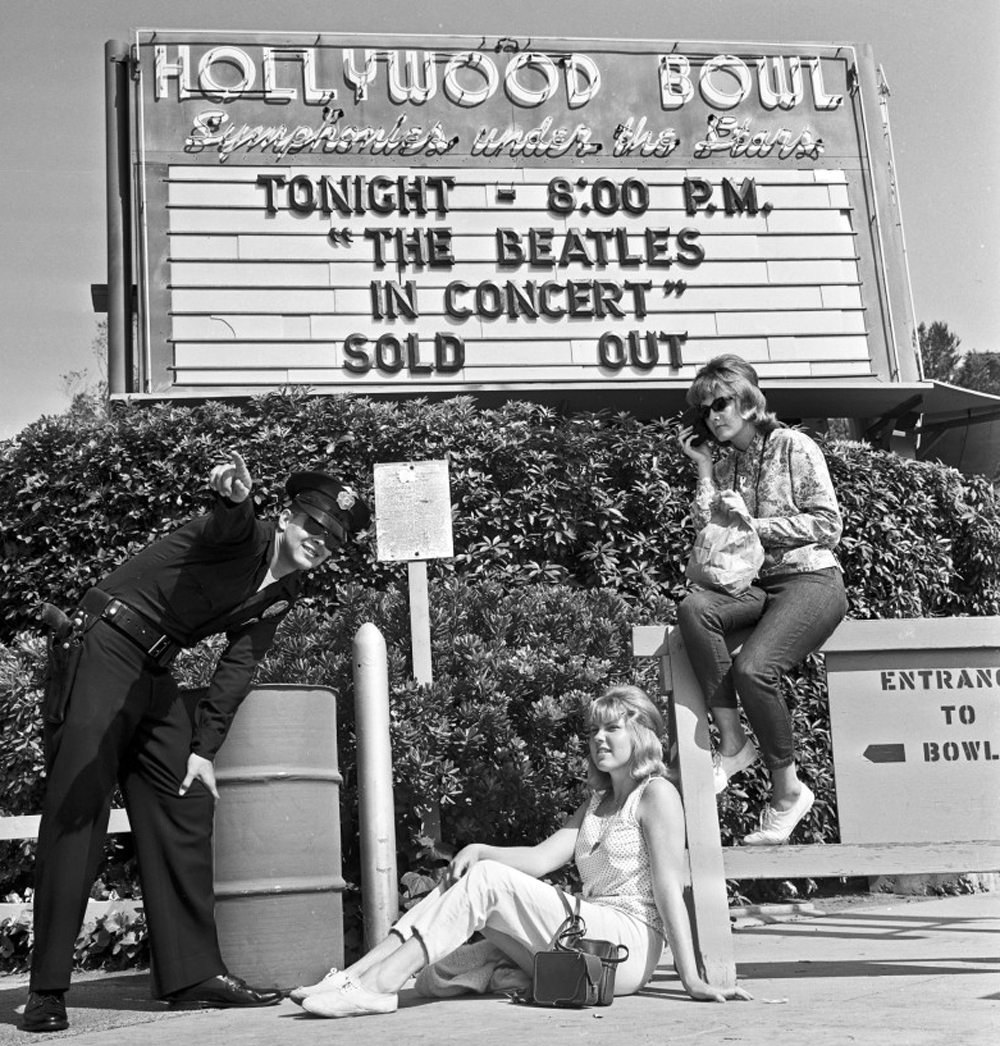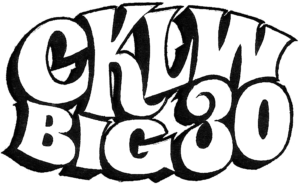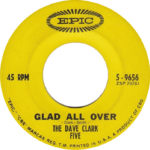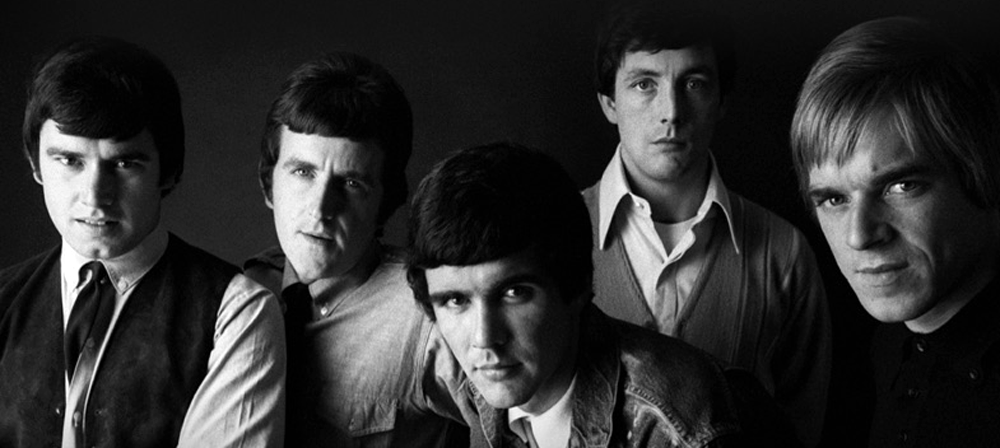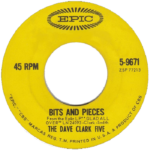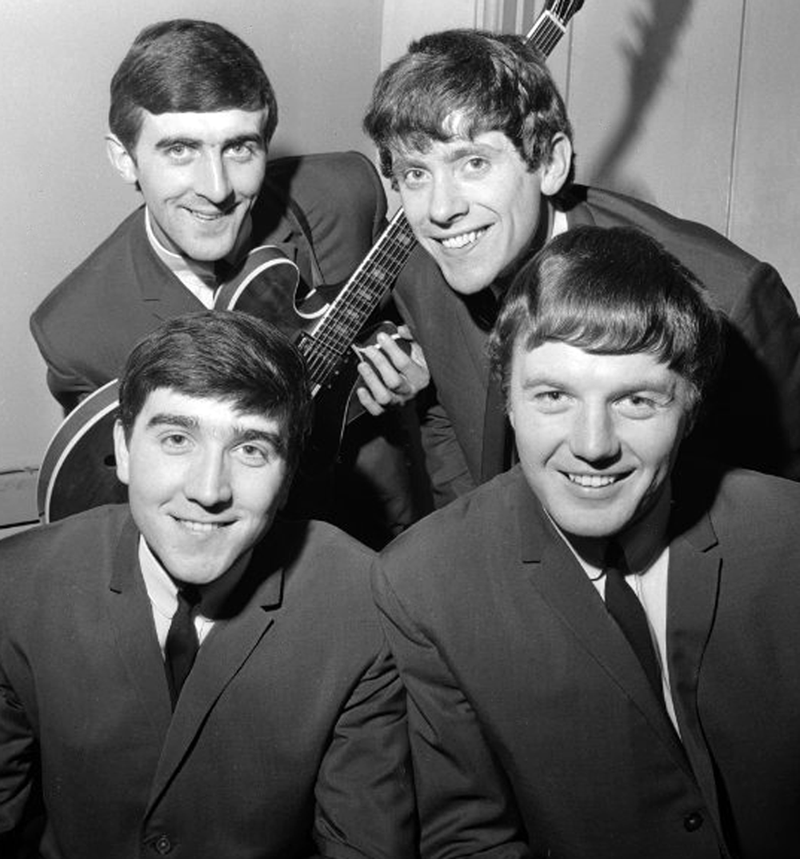 A Large Number Hold Key Positions
A Large Number Hold Key Positions
CHICAGO — “Detroit is supposed to be one of the worst places in the country for women to get ahead … except in radio and television,” says Maureen Hathaway, station manager of Motor City top 40 WHYT-FM.
 Hathaway is one of a large number of women holding top executive positions in Detroit radio –– vice president /general managers, station managers, general sales managers, even owners. Radio is a business whose key jobs are generally held by men, and Detroit is widely perceived as a two-fisted, blue collar city. Yet women there have been able to make a more than significant mark in the upper echelons of radio.
Hathaway is one of a large number of women holding top executive positions in Detroit radio –– vice president /general managers, station managers, general sales managers, even owners. Radio is a business whose key jobs are generally held by men, and Detroit is widely perceived as a two-fisted, blue collar city. Yet women there have been able to make a more than significant mark in the upper echelons of radio.
“The radio market here is [one of the most] competitive in the country,” observes Elaine Baker, VP/ GM of adult contemporary WOMC-FM. “Because of that, talent is recognized for what it is. Women have been able to move up the ladder be- cause they’re good.”
Both Hathaway and Vicky Trondle, general sales manager of WNIC-AM-FM, surmise that Detroit radio is such fertile ground for women executives because extensive station turnovers in the recent past have cleared the way for capable, talented women.
“One of the biggest problems for women had been lack of opportunity,” says Hathaway. “Men were holding jobs they’d always held, but when turnovers occurred, women were there to take those jobs.”
 Trondle adds, “It took a long time for women to get the type of experience it takes to run a large business.”
Trondle adds, “It took a long time for women to get the type of experience it takes to run a large business.”
Trondle was promoted to GSM when her predecessor left to join former WNIC GM Lorraine Golden, who had formed her own company. Golden is now VP of Metropolis Broadcasting and VP /GM of its first property, the top 40 /AC for- matted WDTX.
The turnover theory doesn’t hold for Verna Green, VP /GM of urban outlet WJLB-FM, who brought the station from a No. 12 overall rating when she joined in 1982 to its current No. 2 status. She says, “Women had the least seniority, and so were the first to go.”
Green’s prior experience in the automotive industry left her with the perspective that the male concentration there and in Detroit’s other heavy industries “gave women other ways to achieve.”
“For women to excel in this market place,” agrees Suzanne Gougherty, national sales manager of WWJ-AM, “they had to look in other areas.”
The majority of the city’s female executives started out not in the typing pool but in the sales department. “It’s the business aspect of the radio station,” observes Dougherty. “Working in sales gives you an awareness of the bottom line . . . and GMs have to be very aware of the bottom line . . . it gives an idea of the structure of the station.”
Operating in a predominantly man’s world, Detroit’s female execs nevertheless all agree they have faced little or no gender discrimination in their positions. “There has probably been some, but I’ve been too busy to notice,” remarks Green.
However, says Betty Pazdernik, VP and GSM of top 40 WCZY-AM-FM, “I still think we have to do a bit more, be superior, excel. If I felt like I wanted to have a tantrum, I wouldn’t do it,” she continues, “yet I’ve seen males fly off the handle, and it’s perfectly acceptable.”
 “If I feel like crying from frustration, I’ll leave the office. But, men are allowed to explode for the same reason with no loss of esteem. It’ll probably always be like that.” All agree that their stations hire for excellence, not gender.
“If I feel like crying from frustration, I’ll leave the office. But, men are allowed to explode for the same reason with no loss of esteem. It’ll probably always be like that.” All agree that their stations hire for excellence, not gender.
“I’m looking for the best person for a job, when I hire,” says Baker. “I had a female program director in 1983 [Lorna Ozman], and we have a famale sales staff – not because they’re women, but for their skills.”
Women applicants can look forward to advice and information on support groups when they go to WJLB, says Green. “We tell them to contact American Women in Radio & Television (AWRT), the Women’s Advertising Club in Detroit, Women In Music, and Women in Communications,” she describes. “We advise everyone, not just wornen, to read the trades and market reports. Women graduate as mass communications majors with no practical skills; we try to spread the word that if they’re considering internships, they can get them.”
Detroit’s women executives all stress that hard work, knowledge, desire, goal setting, risk taking, and dedication got them where they are. “Don’t be overly conscious of your difference,” advises WHYT’s Hathaway. “You can’t be a lone wolf and succeed. You’ve got to be a part of the system, teamwork and company loyalty, that’s what has traditionally gotten men ahead. A lot of women feel they have to be Joan of Arc, but that just reinforces differences. Being a team player does not mean selling out.” END
_______________
Information credit and news source: Billboard; April 25, 1986
![]()



